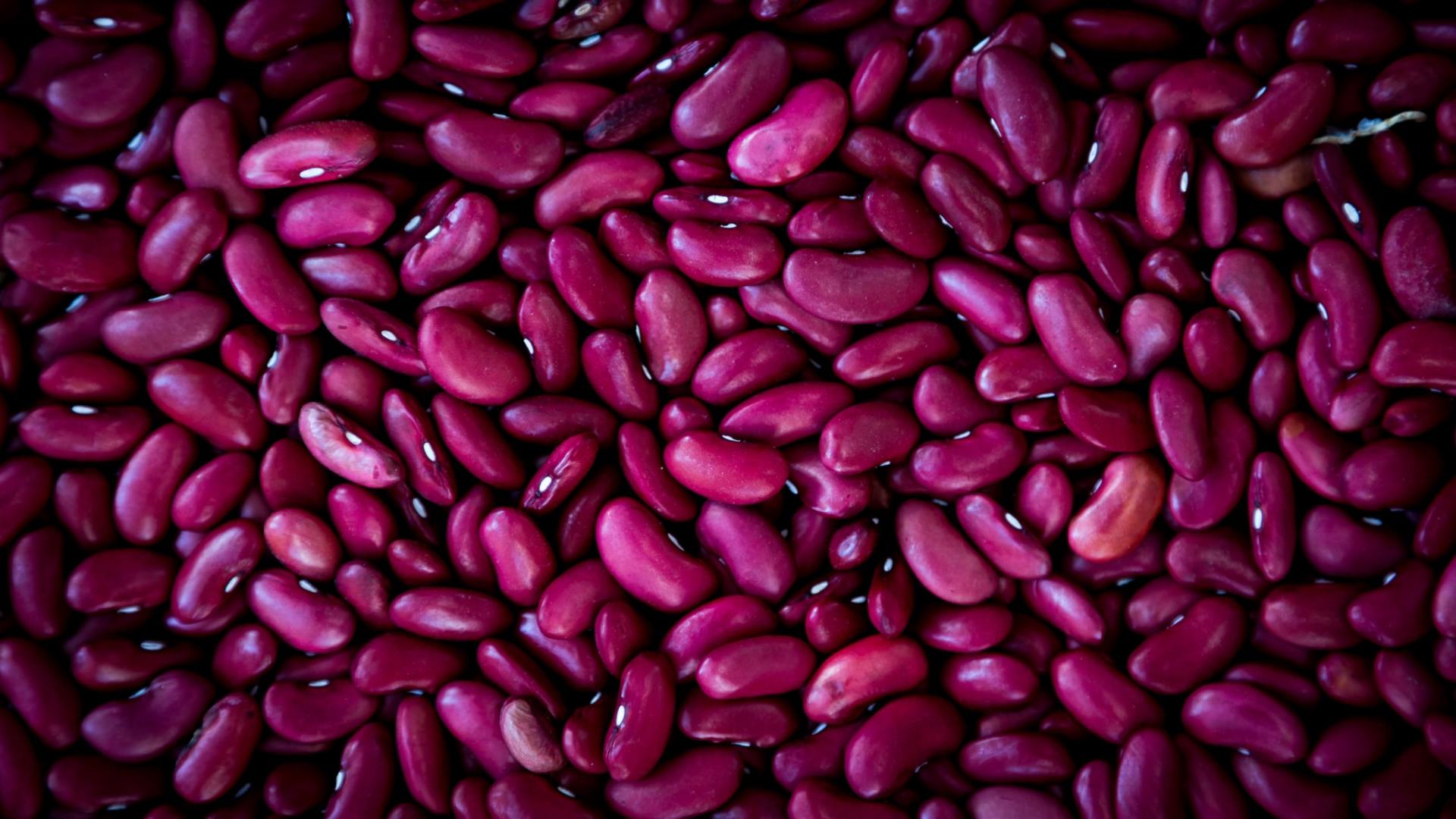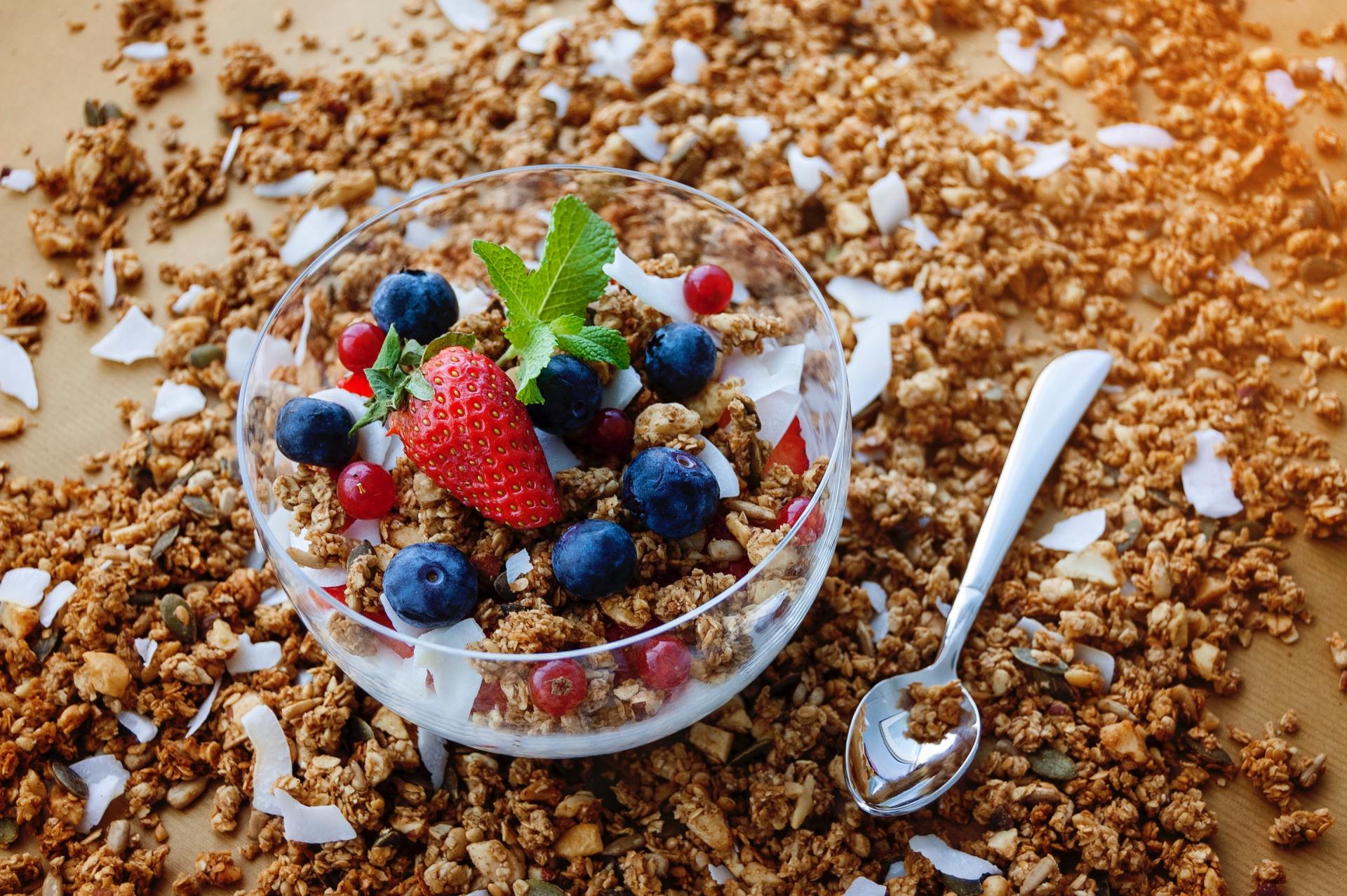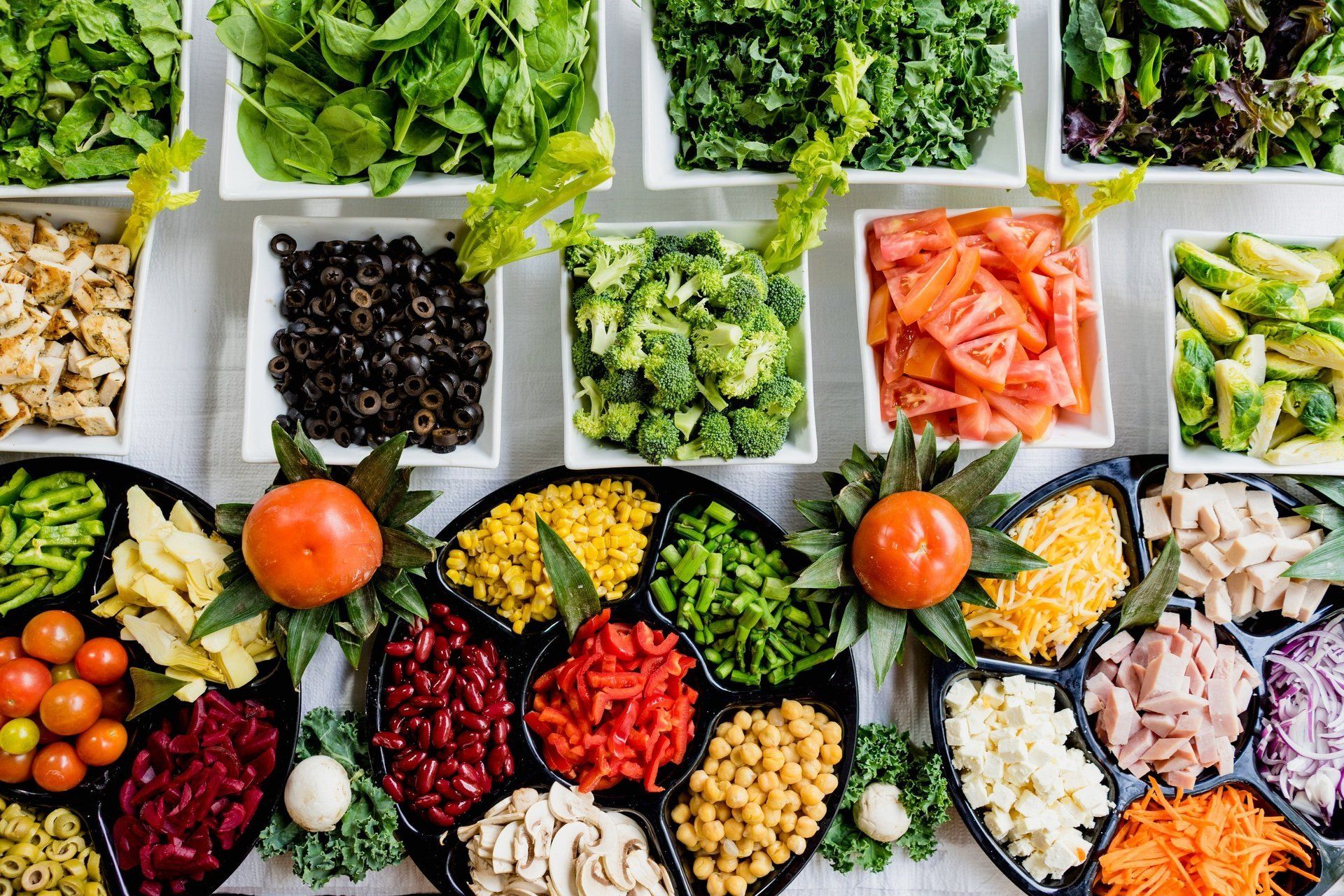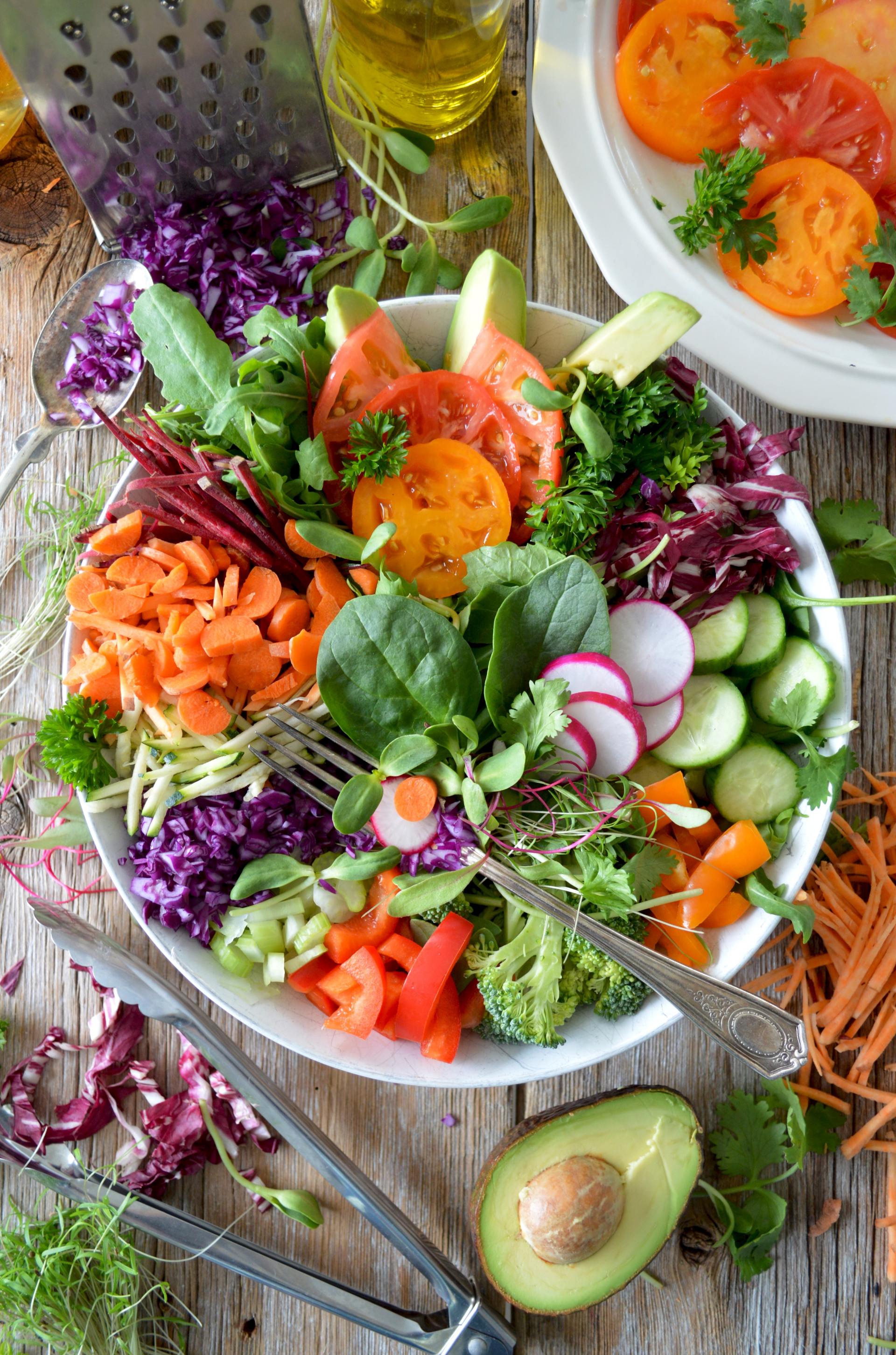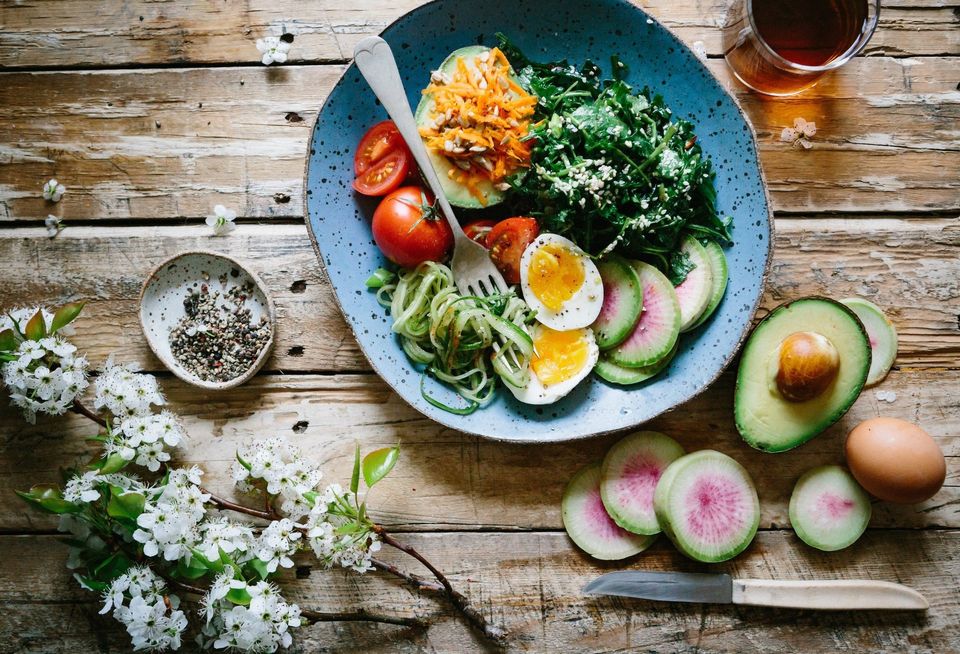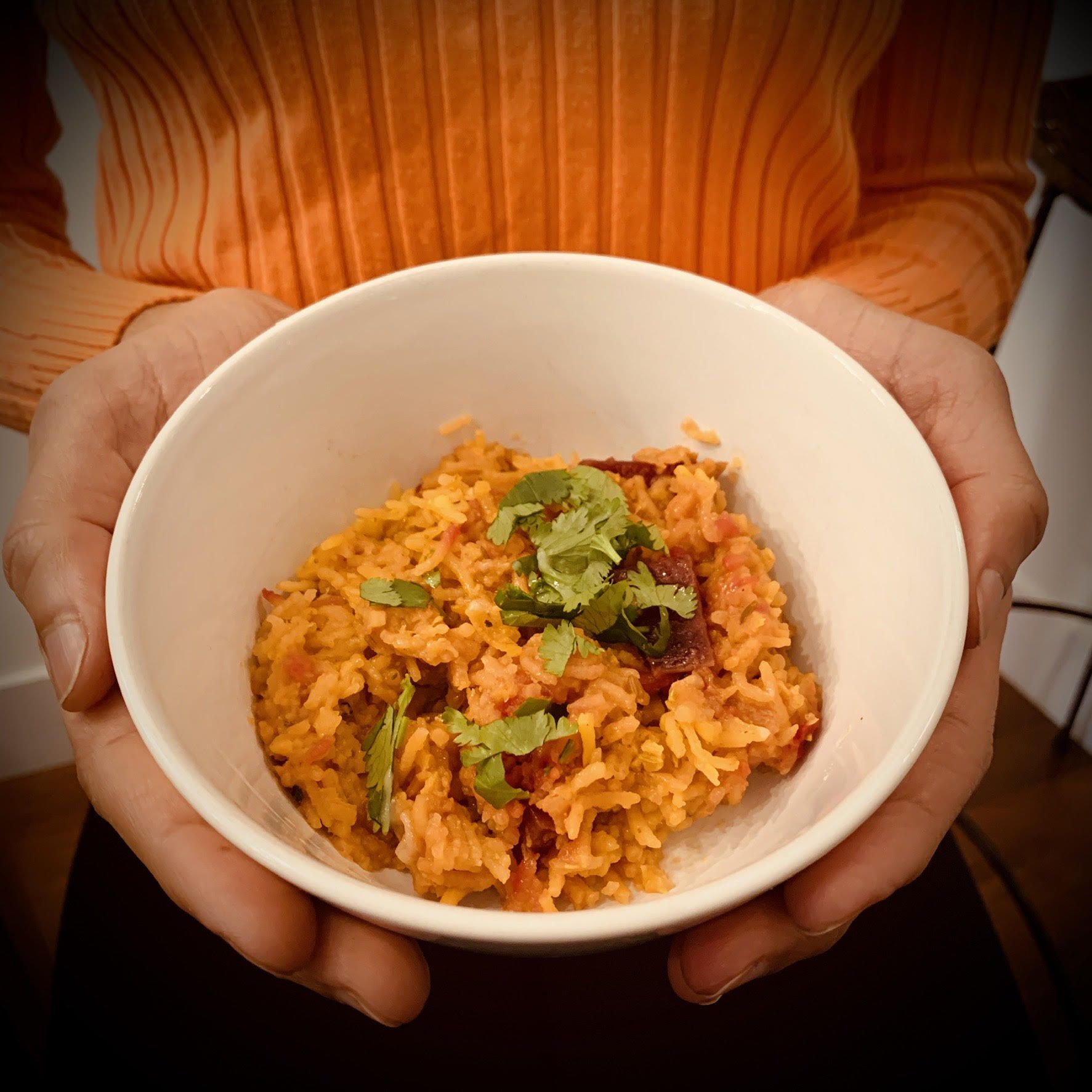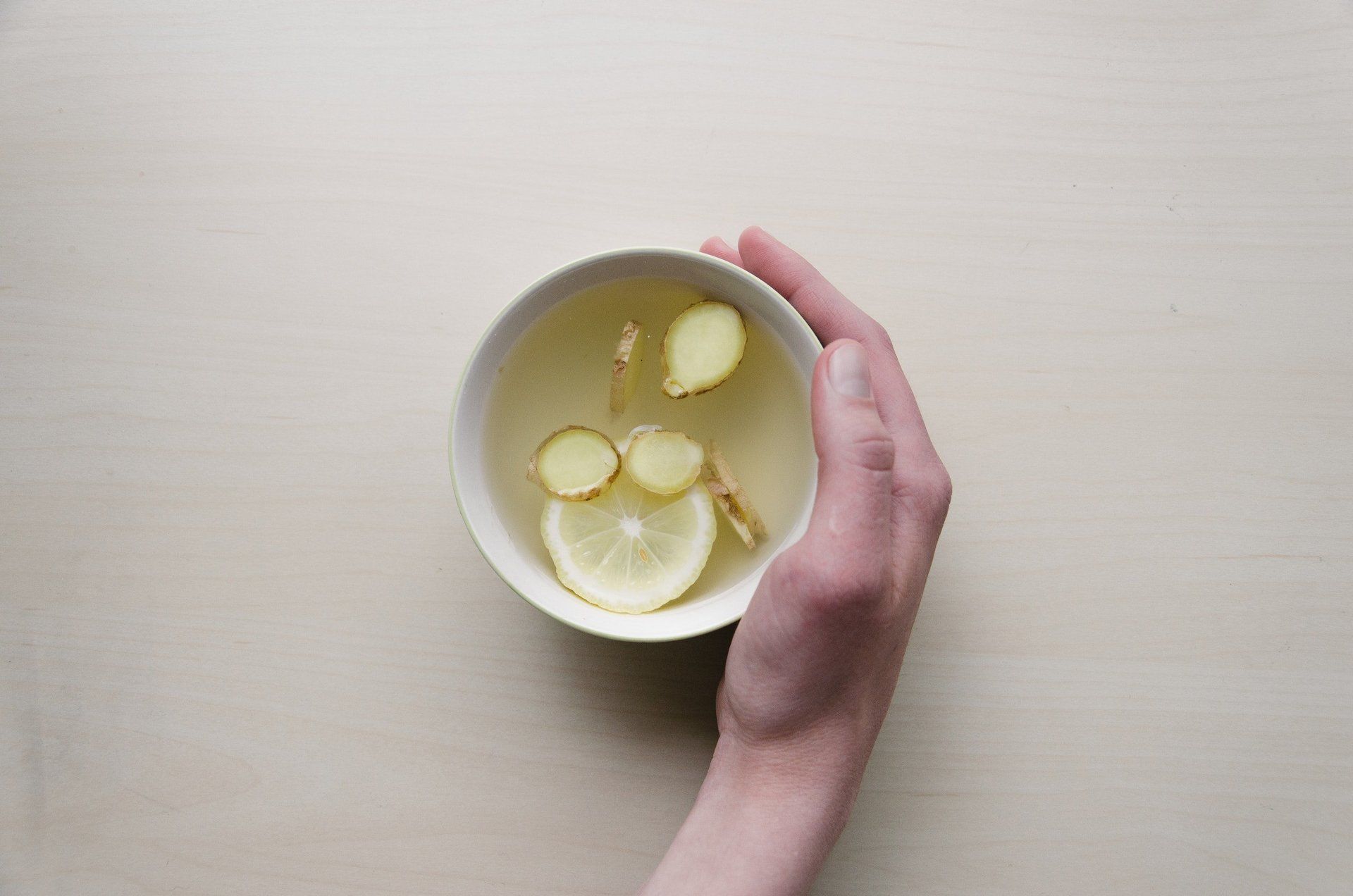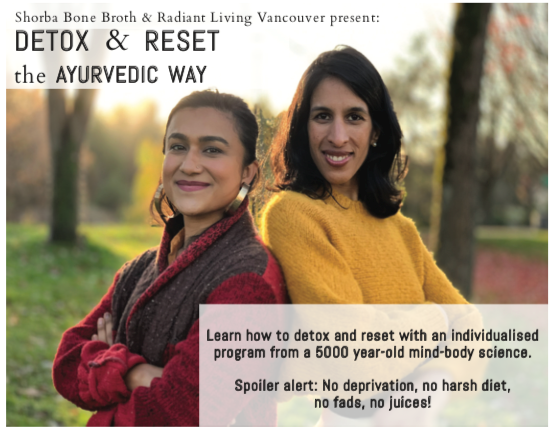"What is Healthy Eating, anyway?"
Guidelines to make meals by
My baby was having an overdue, epic nap, the company was gone and I finally had time to tackle an intimidating stack of unread emails. (*sigh)
Finally, I open one from a sender I don't recognize. He's a student, attending a local school, doing a Bachelor's degree in Business and Hospitality. His questions about healthy eating actually stopped me in my tracks, then made my start typing feverishly... he had really basic, but super questions. They are questions that I ponder, evaluate, ask my students, investigate... it is the search for the answers to these questions that prompted me to do what I do; nutrition education with a practical life-skill component, or, more accurately, teaching cooking skills from a nutrition perspective.
It's easy for nutritionists to get into the minutia, and even among holistic nutritionists, we have differing perspectives, but these wide-strokes questions about healthy eating helped me nail down some key points:
Q) What is the definition of healthy eating?
As a Holistic Nutritionist, I see each person as unique, and so what is healthy for one person would not necessarily be for another! And so what 'healthy eating' is, is not actually that easy to define. (For example, tomatoes have many healthy anti-oxidant vitamins and can confer an overall benefit for most who eat them, but they are a plant in the nightshade family which can cause inflammation for some people, making it an unhealthy choice for those few)
Healthy eating is really a continuum, not some end-goal of attainment. A healthy diet can be omnivorous, vegetarian or even vegan.
That said, there are the pillars that I use to create a healthy diet
that is a fit for most people and here's what I convey in my classes/workshops
about that:
1) Choose Homemade food over Corporate-made food.
Seems almost overly-simple, but really, we are already going the right
direction by ditching packaged food. Even if people are still using somewhat
refined ingredients in their home cooking, they are likely not adding the cheap
fillers, chemical additives, artificial and excess sweeteners colours etc.
2) Ditch the sugar (You're sweet enough already!)
The most dramatic health-benefiting action you can take right
now is to seriously reduce or get rid of refined sugar! Sugar has a myriad of
health consequences and is absolutely unnecessary for health. When avoiding
sugar, learn where it lurks, and also avoid refined flour (cookies, pastries,
white bread and yes, even most gluten-free items). Easier said than done (which
is why I teach about healthier alternatives to refined sugar, baking with
sprouted grains and replacing sweets), but once sugar is out, it is amazing
what healing can take place! Normalizing weight, balancing blood sugar and
reversing diabetes, hormone and mood regulation, reduction of pain and
inflammation of all types.
3) The more whole, the better
Choosing foods that are wholesome, or un-refined is key to getting the most
nutrients in the diet. When a food is in its 'whole package' it has the right
balance of fiber, water and nutrients. When we start breaking or stripping away
parts, or 'refining' the food, we get nutrient depletion, or are not able to
properly assimilate the nutrients (ie: whole wheat berries into whole flour,
then into white flour, we lose the fiber, most of the nutrients and are left
with only the starchy endosperm, a blood-sugar-raising food with almost no
nutrient value). Choose vegetables and fruits with edible peels, left intact and
eaten whole, whole grains, unrefined sweeteners and even unrefined natural
salt.
Nutrient-density
is another way to look at 'wholesomeness' of food,
and takes it another step. Choosing more foods that have high nutrient value
compared to caloric values, such as choosing orange squash over white potatoes,
or zucchini 'noodles' over white or even whole-wheat pasta.
4) Proper preparation
Switching to brown rice from white, or munching on nuts and seeds
instead of processed snacks is a great step towards healthier eating. But both
science and traditional food preparation agree- some whole foods need careful
preparation to become optimally digestible and nutritious! Soaking and even
sprouting or fermenting nuts, seeds, whole grains and beans/legumes is an important
step to stepping up your healthy eating to 'optimal', and for some people who
have digestive difficulties, could be an essential step towards digestive
health and nutrient absorption.
5) What's on your plate?
Some people thrive on more or less protein, or more or less carbohydrates,
but in general
, it is most important to focus on nutrient-dense
foods. Filling half
of your plate with vegetables, leaving the
other half for protein and carbohydrate (potatoes or whole grains) is a good
guideline. ( Again, I'm talking base guideline! Some people thrive on lower carbohydrate diets etc.)
Fruits are best eaten on their own and are not
interchangeable with vegetables. Most of us would benefit from increasing
vegetables in the diet, so consider snacking on raw veggies, adding one salad
dish to lunch and dinner or sipping on a vegetable soup as part of your meals.
Variety is key. Eating produce seasonally and locally brings variety and more
nutritious food than shipped produce.
4) The good fats
Thankfully, gone are the days when we thought of 'low-fat' as
synonymous 'healthy'! Rather than blaming fat for the enormous health
problems of overweight/obesity and heart disease, we are starting to realize
what important roles that fat plays (hormone balance, nervous system and
cognitive functioning, vitamin absorption and more), and choosing the best
quality of fats is paramount. Ditching trans-fats altogether is an important
first step. Choosing to get fats from whole sources such as nuts, coconut,
seeds, avocados and olives assures the fats are fresh. In their 'whole
package', fats come with vitamins, minerals, fiber and often protein.
Adding a few good oil supplements (fish oils, walnut oil, flax and hemp oils)
helps balance omegas 3 and 6. In the kitchen, healthy cooking fats are
unrefined coconut oil, extra-virgin olive oil and even butter and ghee from
organic and grass-fed dairy (if you include or tolerate dairy)
5) Balancing your Biota
Your intestinal biota, or micro-flora, is an essential aspect of your
overall wellness. Bacteria cells outnumber your other body cells 10:1! Your gut
bacteria being in balance is essential to the proper functioning of your body
as a whole, with clear links to digestive health, absorption of nutrients,
hormone balance and a properly functioning immune system. Include a variety of
probiotic foods everyday, such as yogurt, or raw (un-heated) sauerkraut,
kimchi, brined pickles, miso and more. A couple of serious disruptors for
intestinal biota balance are: food sprayed with pesticides as well as
(unnecessary) antibiotic use.
6)The hydration station
How much water you need a day depends on your activity, your body
constitution, body weight and even the climate you live in! One great way to be
in touch with your thirst is to start every day with a warm glass of water and
a squeeze of lemon. By sticking to a wholesome diet that includes lots of fresh
produce as well as homemade soups, you may find you get a lot of hydration from
food. Sipping on room-temp water through the day, and herbal teas as well as
avoiding the dehydrating culprits such as alcohol, excess salt, excess meat and
coffee, all contribute to great hydration balance. Avoid falling for the
sweet beverages, which add calories with little to no fiber or other food
value. The best way to tell if you're hydrated? The colour of your urine:
should be pale yellow. Dark yellow, and you need hydration asap! Clear, and you
should lay off the excess water.
7) The 80/20 rule:
We eat what is optimal for our healthy 80% of the time, and have free
range without guilt or shame with what we do with the other 20%. This balance
helps us enjoy 'treats', feel relaxed about social situations where we eat
different foods than we might normally choose. It's important to attain
balance, not 'perfection' (and that a fixation on 'perfection' in diet becomes
an eating disorder called orthorexia
, an increasingly common problem!)
The stress of trying to attain 'cleanliness' or 'perfection' in what you choose
to eat or refrain from eating can become its own serious health detriment! Chew
thoroughly, relax and enjoy your food!
What do you think?
Are there any guiding principles that help you make healthy choices?

